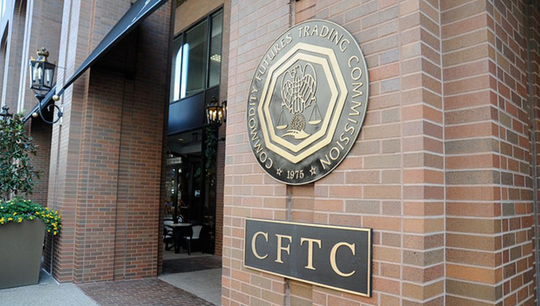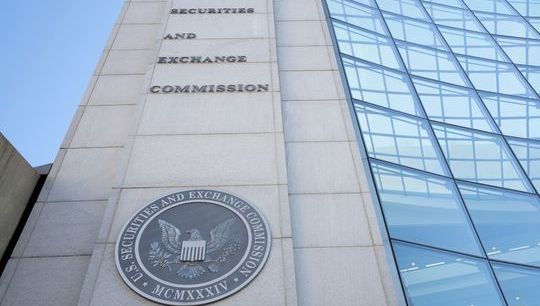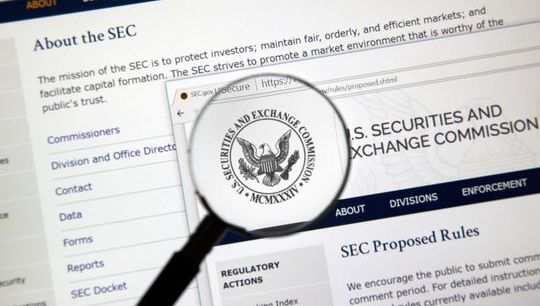Dispatches: Whatever next?
By Jack Inglis, CEO, AIMA
Published: 06 October 2023
AIMA’s issue with the SEC is unlikely to stop with our group action in seeking for the court to determine the lawfulness of their recently adopted Private Fund Advisers Rules. On that one we are pleased that the court has granted our motion to have the case expedited so that we might have a decision before the end of H1 2024.
Beyond that, we are already defending the established definition of a “securities dealer” on two fronts, hoping to prevent many funds being drawn into having to register as dealers, something that could be existentially disruptive to the asset management model. The SEC is seeking, both through rulemaking and enforcement, to drastically broaden the definition that has been well understood since the Securities Exchange Act of 1934. We believe strongly that the SEC would be acting unlawfully if they were to adopt a proposal that would classify many active investment strategies as dealing. Such a sea change to 90 years of settled practice should require a legislative change rather than unilateral agency reinterpretation.
The SEC is currently pursuing individual cases in the courts where it deems certain entities, including private funds, have failed to register as securities dealers when they simply purchase and sell similar securities, sometimes months apart. In selected cases, AIMA has been presenting amicus briefs to the courts emphasizing why we think it is unlawful for the SEC to insist on their new definition after decades of guidance to the contrary.
But there is more. The SEC has proposed changes to the Custody Rule which would not only expand the scope of assets subjected to custodial oversight but inherently change the well-established concepts of safekeeping, to the extent that it is both unworkable in practice and harmful to investors. And we are not alone in our opinion. AIMA is one of 26 co-signatories in a multi-trade association letter to the SEC urging for the rule not to be adopted.
And now we have the SEC’s proposed rule for conflicts in the use of “covered technology” (which includes any use of algorithms or artificial intelligence) by investment managers. The proposed rule, like many others, would be practically impossible to implement. Conflicts are defined so broadly as to effectively include any advisory activity which results in technology being used for trading and investments. But managers must not just identify potential or actual conflicts and manage or disclose them to investors, they must eliminate them entirely. On our reading, the only way to do so could be to effectively cease one’s business. Here, we are part of 13 strong group of trade associations which has written to the SEC arguing that the rules are fatally flawed and that they lack the statutory authority to adopt them.
The pattern is clear. The SEC is seeking to rely on their novel read of existing legislated Acts to try and push through an agenda of profound and disruptive change in nearly all areas of the US capital markets. In most cases, without any meaningful evidence of market failure whatsoever. We struggle to see who the beneficiaries of this are. It’s unlikely to be the investors who the SEC claim they are trying to protect. What is most concerning is, that if allowed to go unchallenged, the SEC will continue to set new rules in violation of the statutory language and other processes required for formal rulemaking.
In nearly every speech Chair Gensler gives, he mentions the fact the US has the largest, the deepest and the most liquid capital market in the world. Why then try to remake it through unprecedented, rushed and radical reforms? Perhaps he should heed the old maxim ‘if it ain’t broke, don’t fix it’.








